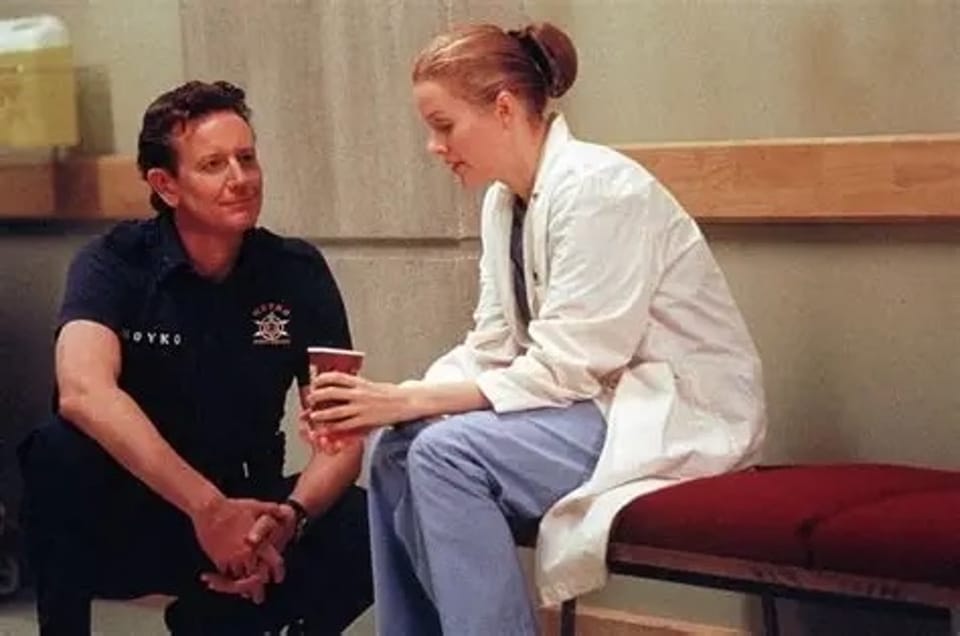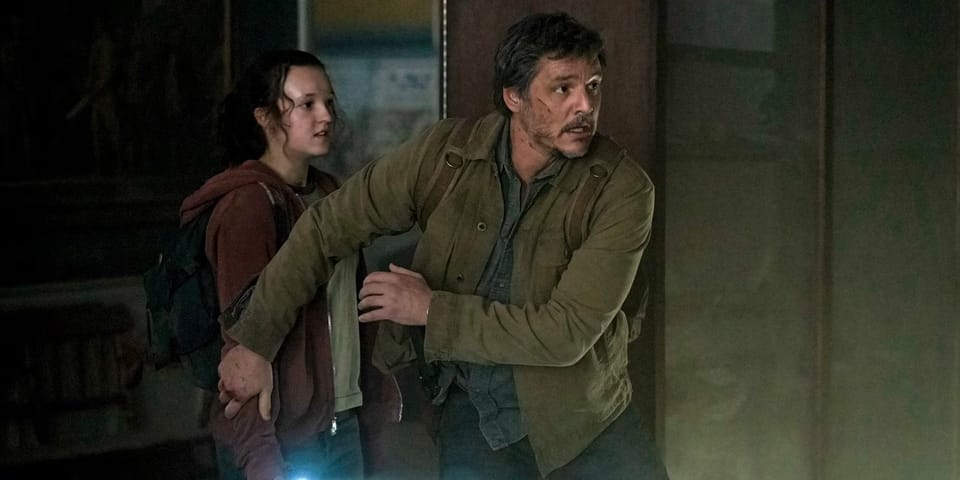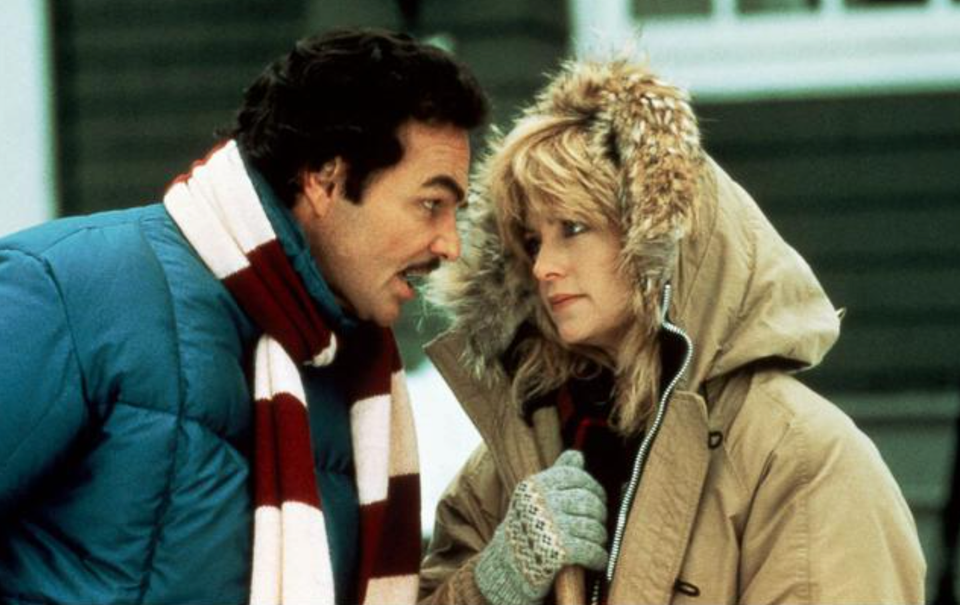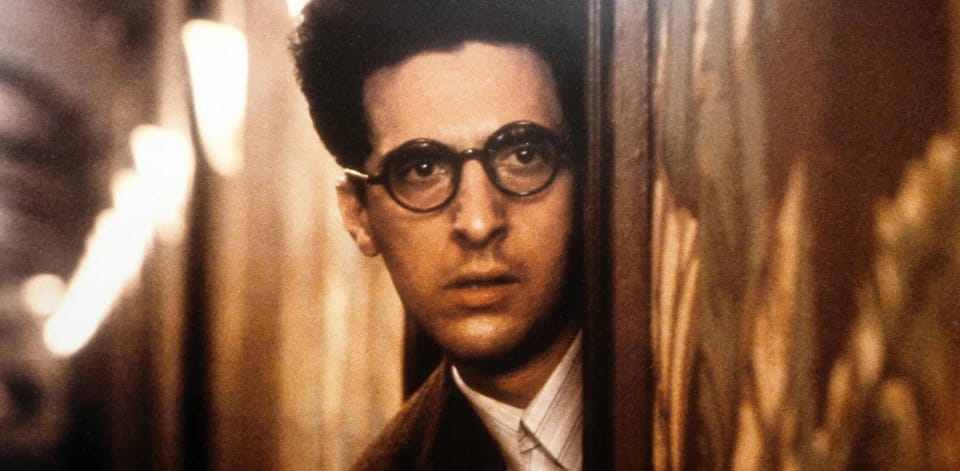Key decisions that make your screenwriting easier.
Here is a harsh truth: 99% of your passes are pre-destined. Here's why.

The Story and Plot Weekly Email is published every Tuesday morning.
Here is a harsh truth: 99% of your passes are pre-destined. As soon as you chose to write that low-concept character piece, selling your screenplay was going to be a struggle.
As soon as you decided, "I don't really like stories with dramatic questions," you made your job 100x more challenging.
"I don't like stories where people change!" You just reduced your buyers by 95%.
And there are only so many buyers.
This is the brutal reality: making the wrong choices upfront can make you work much harder than necessary while simultaneously undermining that same extra effort.
Screenwriting is hard. And it's competitive.
There's no reason for us to make it harder than it already is
You need to exploit every single advantage you can find.
Commit to making choices that make your job easier. You will thank yourself.
Why we make less productive choices.
My experience here is not just as a teacher but as a professional writer who made his first ten years in this business significantly more difficult than needed. Massive opportunities were blown.
So I get it. I've been there. I'm not judging. But I know why we often do these things.
1. We don't know any better.
We're still learning. We dive into a screenplay, and we trust we will figure it out. This is fair. Especially if we enjoy figuring things out on our own. But this phase shouldn't last. As new information comes in, we have to be willing to learn and adjust.
2. It feels like more work.
Writing scenes is the fun part, right? We know we should lay better groundwork, but the thrill of actual screenwriting is too tempting.
Besides, if we start writing now, we'll buy some time and we will eventually figure it out.
So we keep writing. And every page feels like a commitment, and even though we're working in the wrong direction, we can't just throw away what we've done!
What a waste! We'll just keep going and figure it out later!
This is the screenwriter's equivalent of, "We'll fix it in post!" and it rarely works out well.
3. We disguise #2 above by saying it's our creative impulse and artistic vision and, "This is how I do it."
I implore you to stay agile and teachable until you've consistently had the success you aspire to. Do not decide you only do it one way too early.
It took me 16 years as a professional screenwriter and an existential crisis before establishing a consistent, repeatable process. And I was teaching for ten years to boot!
In my early years, I hated outlining.
I only cared about the logline once I delivered a screenplay to my agent. I loved structure, but I did the bare minimum prep work and worked it out on the fly.
And I was wildly inconsistent when I worked alone.
But when I was forced to do all these things with a producer or a writing partner? Suddenly, I flourished. But I still found time to resent the prep work!
The last 12 years have been my life's most consistent creative period and some of the most financially rewarding.
Because I stopped shooting myself in the foot by calling my laziness and stubbornness artistic integrity.
Your most crucial decisions.
The first stage of any project is what I call the pre-outline phase. Depending on the project's initial impetus, this can last a day, a decade, or forever.
Here are the decisions I make in this phase, and I recommend that you make them, too.
Have a clear concept that promises potential scenes.
The concept is the unique idea that generates unified scenes that play and riff on a singular idea.
- Barbie in the real world.
- A Predator vs a young Native American woman.
- The personified emotions in charge of a young girl.
- Jaws in space.
Have all the pieces in place for a great logline.
The logline is the container of the concept that promises a clear narrative. Because it's the concept that's actually important, I don‘t think you need a polished logline to start.
You really just need the makings of a polished logline.
I am convinced that the two things that most influence a sale are:
- The quality of the logline.
- How well you fulfill the promise of that logline.
The logline is what gets people to read your screenplay, and it's what those people use to get others excited about reading it.
Your odds of success are significantly higher with a great logline. Is that fair? Doesn't matter. That's the way it is.
A plot-driven dramatic question.
A plot-driven dramatic question is a narrative device where the protagonist has a problem and needs to solve it.
- Will Indiana Jones get the Ark before the Nazis?
- Will Barbie fix her world and get it back to normal?
- Will Katniss win The Hunger Games?
The dramatic question should be evident in the logline, and yes, it helps make your screenplay more marketable.
But just as important, a plot-driven dramatic question makes your job of narrative momentum so much easier.
Your character's want DRIVES the story and does much of the narrative work for you. Nearly every structural point is derived from it.
You will find narrative momentum significantly more difficult to produce without a dramatic question.
A clear story. Know who transforms and how.
As you know (because it's in the third email I sent you!), I define a story as the transformational journey of a human being.
This story will generate most of the emotional resonance of your screenplay. This includes the growth in the protagonists and their relationships with others throughout the narrative.
Do not see this as a "character arc" that you tack on to the plot. This is the heart of Act 2 and the key to an emotionally satisfying ending. It should be built into the structure from the beginning.
Remember, your story does not have character growth; your story IS character growth.
Start with at least five great scenes.
This is a test of your characters and your concept mentioned above. If your concept cannot generate at least five great scenes, it's not fully baked yet. Keep working on it.
Don't push ahead until you have them.
When you're done with the Pre-outline Phase:
Outline your screenplay.
I cannot emphasize this enough. Thoroughly outline your story—every scene.
I even started writing a treatment after the outline as part of my workflow twelve or so years ago, and it has improved the quality and consistency of my projects tremendously.
I'll never go back.
It doesn't take time; it saves time.
When you first go deep into an outline, it can feel boring and frustrating. We naturally resist it because it's not what we've done before, and we miss that immediate gratification of typed pages.
It can feel like a lot of work for something we convince ourselves isn't the real job.
But outlining is the real job.
It is writing, and once it's in your workflow, you will get the same satisfaction.
Graham Goldstein got his Screenwriting MFA at USC and was looking for a little pop in his game. He recently took my courses, and I pushed him to dive deep into the outline. (One of the courses is Idea to Outline, after all.)
Last week, I asked how it was going, and he replied:
"Most in-depth outline I've worked from, and man, was writing the first draft so much more fun."
This was exciting for me but not a surprise.
Outlining makes writing easier.
When we get comfortable with it and we know what we're doing, outlining is as much fun as writing.
More importantly, it makes writing more fun, efficient, and rewarding for both the writer and the reader.
Again, we are looking for choices that make our job easier. And this is what the outline does. It makes our job easier.
When we know our story and the purpose of the scene, we can focus on what's important: how to deliver the actions and emotions of that scene in the most compelling way possible.
We get to explore and discover. We get to have fun with a lot less stress.
Every project has its own integrity.
There will be projects that don't necessarily lend themselves to some of the things above. Perhaps it's a passion project you feel compelled to write.
That's okay. Just know ahead of time what you're dealing with.
Accept that a sale is significantly less likely without a clear concept. The same is true without a plot-driven dramatic question.
And your job is going to be much more challenging, too.
Now, it’s one thing to make your job more difficult for something your passionate about, it’s quite another to do it for no good reason at all.
Always know which one you’re really doing.
Stop making your job more difficult.
It's one of the Seven Habits. Begin with the end in mind.
Make the big, decisive decisions upfront. They make the smaller decisions easier and easier.
As those decisions become easier, your confidence grows. As your confidence grows, you have more fun and can make more interesting choices.
Your projects get done faster, they're better, and they get you closer to your goals.
Stop the self-sabotage. Make decisions that make your job easier.
Want to dive deeper into these concepts and learn how to make the best choices possible for your project?
I recommend my flagship course, Mastering Structure.
You don’t have to figure things out alone. I'll show you my process every step of the way.
That's a wrap for this week!
I hope so much you get to do what you love.
Cheers!
Tom
The Story and Plot Weekly Email is published every Tuesday morning. Don't miss another one.
When you're ready, these are ways I can help you:
WORK WITH ME 1:1
1-on-1 Coaching | Screenplay Consultation
TAKE A COURSE
Mastering Structure | Idea To Outline




